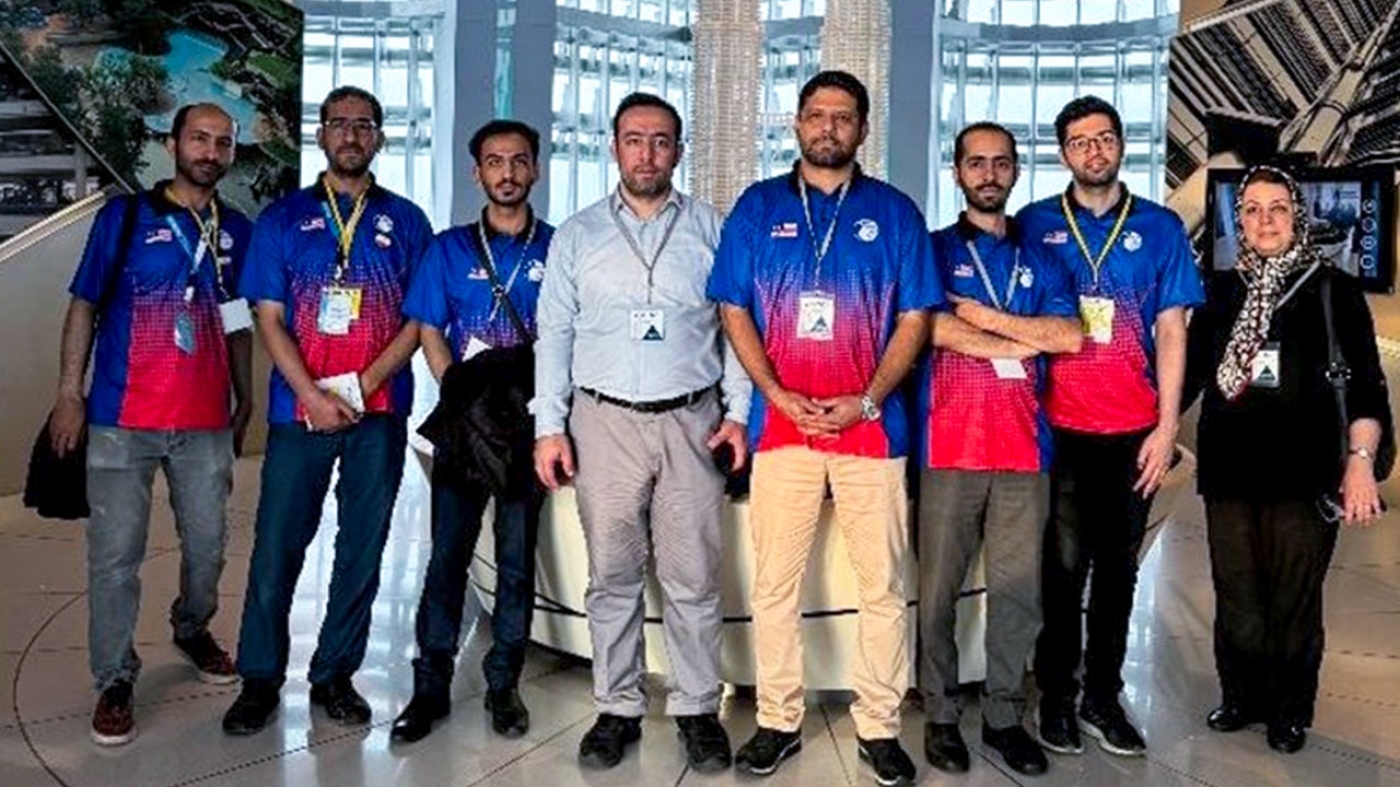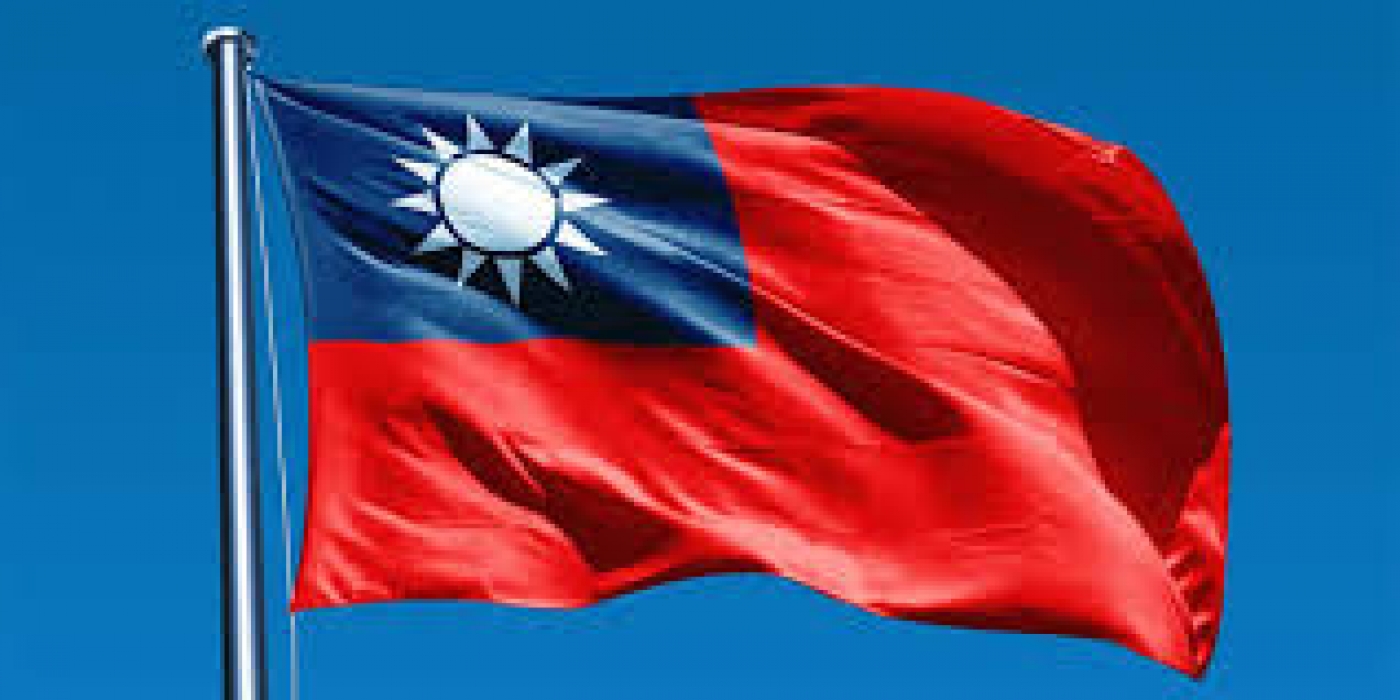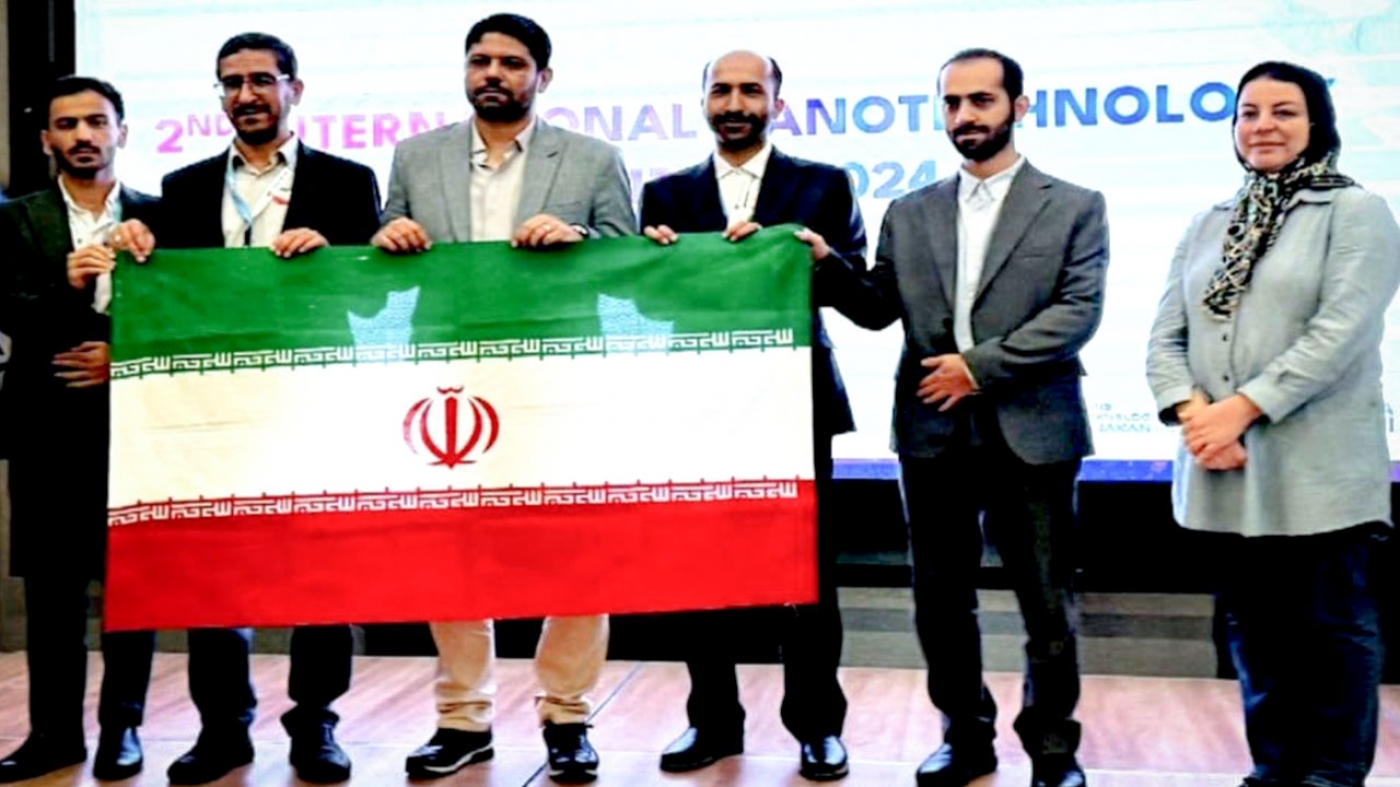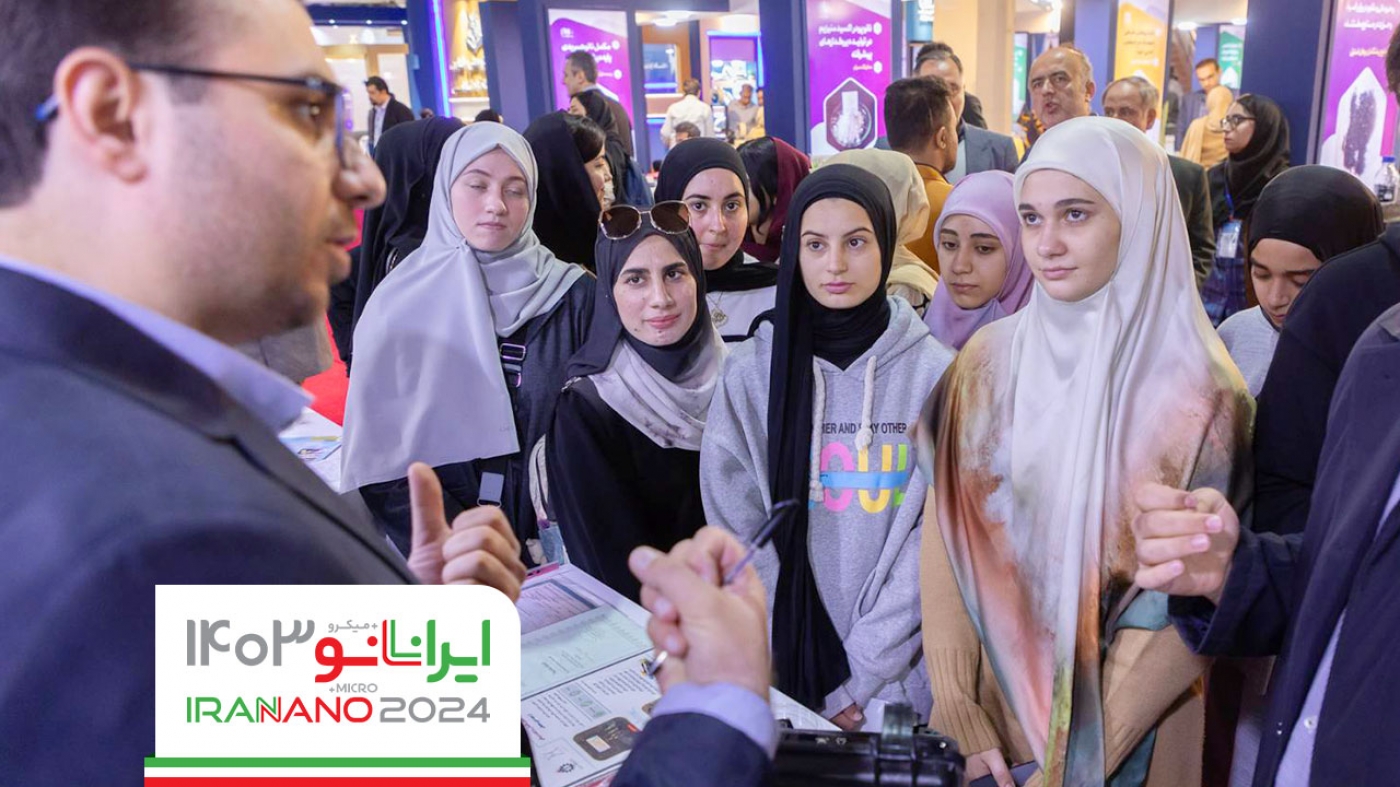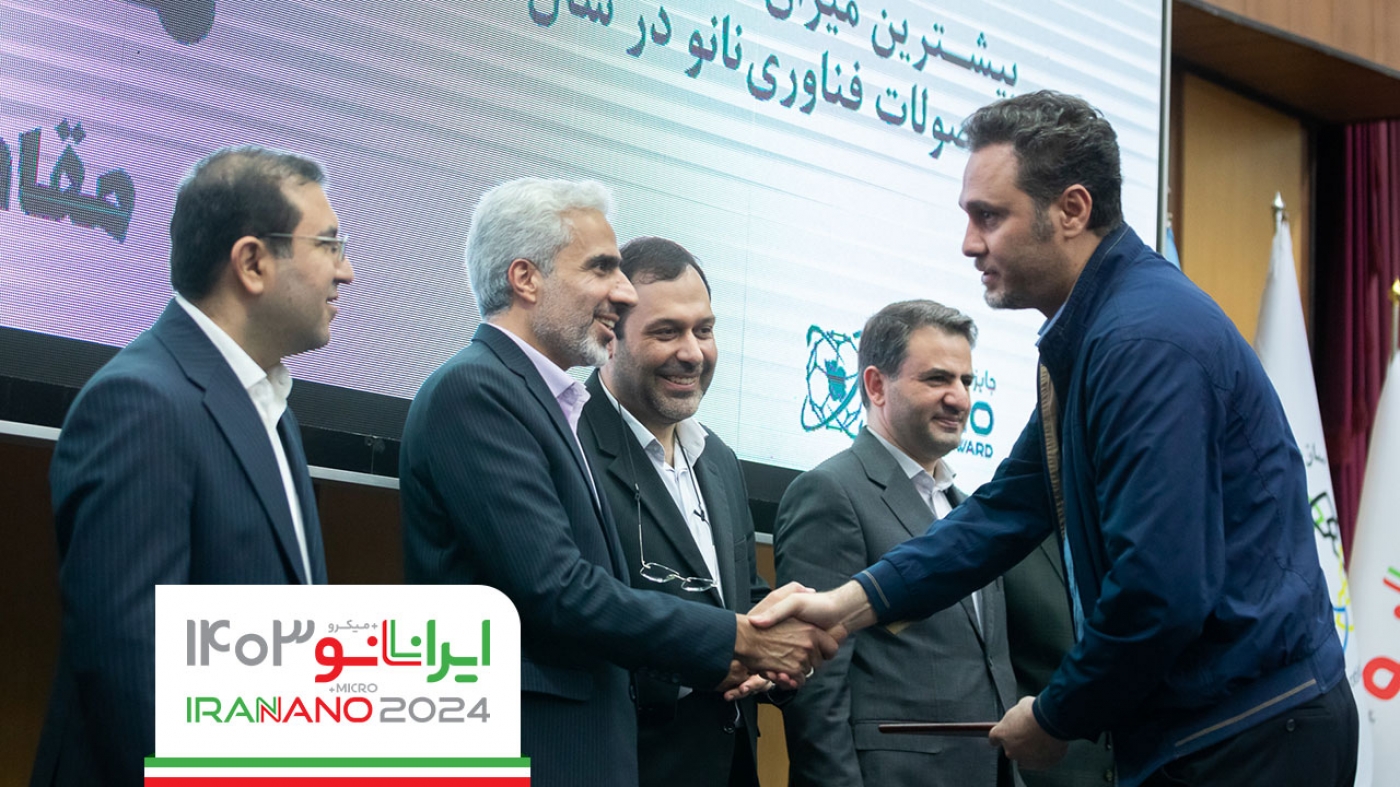The concept of the Nano Olympiad was first introduced by Iran in 2017. Similar to other international competitions, the event was designed to foster collaboration among nations to advance science, technology, and development. Iran played a key role in forming a Steering Committee and establishing itself as a central organizer. The inaugural edition of the Olympiad took place in 2018 at Pardis Technology Park, featuring participation from several countries, including Germany, with a total of seven or eight teams.
Despite the success of the first edition, the Olympiad faced challenges in subsequent years. Plans for a second edition in 2021 were delayed due to the COVID-19 pandemic, and further issues in selecting a host country caused additional postponements. Ultimately, the second edition is now being held in 2024 in Malaysia, with plans underway for future editions in Taiwan or Thailand.
The Nano Olympiad stands out by addressing real-world challenges rather than focusing solely on academic research. Participants are tasked with presenting solutions that not only resolve technical issues but also hold potential for commercialization and sustainable development. This year’s theme centers on energy, encouraging teams to develop innovative approaches that combine scientific insight with practical business applications.
This year’s edition features participation from six to eight countries, including Iran, Taiwan, and Thailand. While fewer countries are participating compared to the first edition, the reduced number reflects the high level of preparation required to compete effectively. Projects are evaluated by a diverse panel of judges based on criteria such as innovation, technological feasibility, and commercial potential.
The Nano Olympiad’s permanent secretariat is based in Iran, ensuring consistent organization and planning for future events. Despite some challenges in expanding participation this year, the competition continues to grow, with plans to strengthen its global presence in upcoming editions.
Initiated by Iran, the Nano Olympiad has become a platform for international collaboration in science and technology. Addressing real-world challenges and fostering innovation showcases the potential of countries in Asia and beyond. Hosting the second edition in Malaysia highlights the growing influence of this event and its ability to serve as a model for other scientific competitions worldwide.
